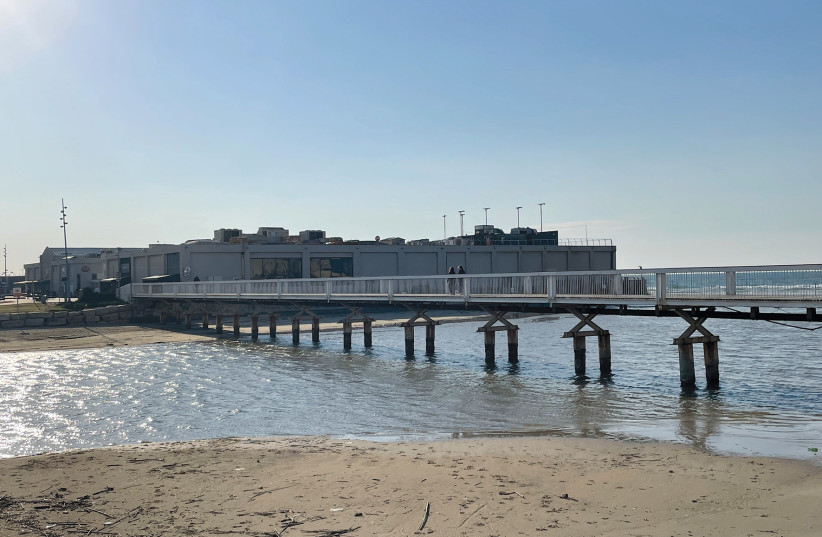According to statistics, only 3.5% of the water on Earth is fresh water that we can drink. And most of that fresh water, 68%, is trapped within ice and glaciers. Finding ways to increase the amount of potable water and clean H2O for other purposes is a current major concern.
Water is so essential to life, that it ranks second in the Rule of Three. It is said that a person can live three minutes without air; three days without water; and three weeks without food.
In another vein, the English language is awash with terms and expressions that are related to water. So while we let the environmentalists and technicians grapple with the challenges of finding and filtering this vital liquid, let’s dive in and explore the sources of some familiar idioms, expressions and trends.
The sources of water expressions and idioms
For starters, the phrase “water under the bridge” means that something has happened in the past and is no longer important or worth arguing about. The expression originated in the early 1900s. It refers to the fact that water (of a river) flows constantly toward the sea and is not still, indicating that the water that has already flowed under the bridge will not return.
“A bridge over troubled waters” is a metaphor for a place of safety, comfort and security. When waters are troubled (turbulent, fast-flowing and possibly dangerous), a bridge provides a safe haven. The phrase is derived from a hymn that is sung in Baptist churches.

Is trouble brewing? The expression “to get into hot water” means to be in big trouble; to get into a difficult situation in which you are at risk of being criticized or punished. The phrase is derived from the realm of cooking. Originating in the early 1500s, the expression is believed to refer to spilling hot water or hot food, hence to be in trouble.
Speaking of which, Eleanor Roosevelt put her own spin on that expression. She often made this analogy: “A woman is like a tea bag – you can’t tell how strong she is until you put her in hot water.”
“A woman is like a tea bag – you can’t tell how strong she is until you put her in hot water.”
Eleanor Roosevelt
A renowned master of the quotable quote was Mark Twain. He was the originator of the oft-repeated “Denial ain’t just a river in Egypt.” Among his many other epigrams are “The only way to keep your health is to eat what you don’t want, drink what you don’t like, and do what you’d rather not” and “When you fish for love, bait with your heart, not your brain.”
Born in 1835 with the name Samuel Langhorne Clemens, he adopted the pen name Mark Twain. In his early years, he worked on a steamboat on the Mississippi River. The call “Mark twain!” was the cry of the leadsman (the sailor who measures the depth of the water) for a measured river depth of two fathoms (12 feet), which was safe water for a steamboat.
Veering off into the domain of alcoholic beverages, the term “firewater” referred to high proof beverages, particularly illegal moonshine. Today, there is a liquor called Firewater that is a mixture of Canadian whisky blended with natural cinnamon flavor and sweeteners.
For those who like to “wet their whistle” with whisky that is pure and unadulterated, they drink it “neat” – that is, in a glass at room temperature, with no water or ice cubes added.
The expression “wet your whistle” comes from the use of “whistle” to refer to the mouth or throat. Given that to wet your whistle means to drink, this makes sense. The phrase first appeared toward the end of the 14th century in Geoffrey Chaucer’s The Canterbury Tales.
And where better to wet one’s whistle than one’s favorite “watering hole”? Originally, the term referred solely to a source of water from which animals regularly drink. However, in the 1960s, “watering hole” came to primarily mean a place for people to socialize over drinks.
If one is wetting one’s whistle at a watering hole and an attractive person walks in, he or she might be described as “a tall drink of water.” That expression, which originated in the southern US, refers to a person who is very good-looking. The implication is that, like on a hot day, a tall drink of water is extremely appealing.
On the subject of a cool glass of water, there is a conundrum that I have always found intriguing. If you take a glass of cold water and a cup of hot coffee and leave them out on a table to get to room temperature, the water will taste warm, and the coffee will taste cold. Really. It is not a question of expectation; I truly believe it is an actual physical sensation. I find that fascinating.
Another fascinating facet (and shall I say faucet) of water is the concept of bottled water. To take an element like water that is totally potable and runs freely from the tap in one’s own home and turn it into a multi-billion dollar industry is sheer marketing genius. In 1908, Evian water began to be sold in glass bottles. The first PVC bottle was launched in 1969.
I will end this stream of information about water with the poem “Learn To Be Water,” written by American poet Morton Marcus in 1985. In his poem, he essentially advises the reader to “go with the flow.”
Learn to be water.
Direction is any way you can travel;
Your shape, whatever you naturally become.
Let the moon strum your belly,
The planets beckon and tug.
Learn to be water. ■
